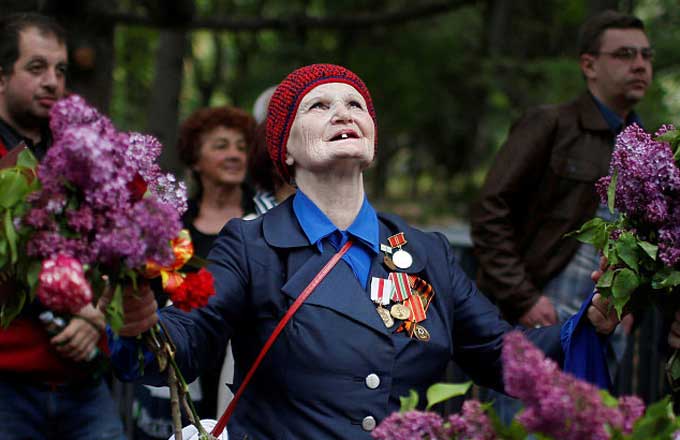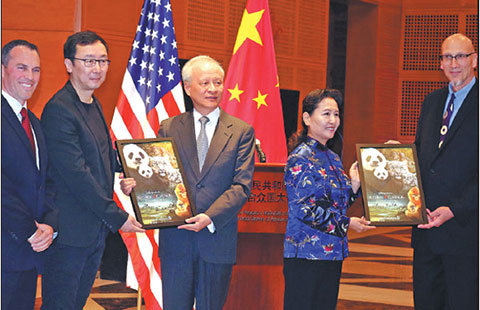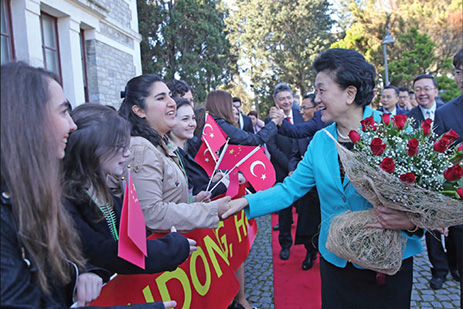Beijing girl advances in US bee
'Fantastic event'
The finals take place on Thursday, televised on ESPN sports channel, following the semifinals in the afternoon.
For the past five years, the annual National Spelling Bee has been clinched by youngsters of South Asian heritage - a reflection, some say, of the overriding importance their families place on educational excellence.
"I don't think anything in particular makes them so special besides hard work and a culture that is obviously encouraging them," said Jacques Bailly, the 1980 champion who now is the event's chief word pronouncer.
"This is a fantastic event," the University of Vermont classics professor said. "There are no quotas. These (contestants) are winners, and they look to me like a wonderful cross-section of America. It inspires me."
Fifteen contestants were knocked out in Wednesday's first public rounds that began with "glasnost" and "perestroika" - Russian words from the final years of the former Soviet Union when none of the competitors had yet been born.
The competition kicked off on Tuesday with computer-based tests and reaches its climax on Thursday with nationally televised finals producing a winner who goes home with $30,000 in cash and other prizes.
More than 11 million children have taken part in qualifying spelling bees over the past school year, with the best of the best advancing stage after stage toward the nationals.
Seven weeks ago, organizers caused a stir when they declared that for the first time in more than eight decades of competition, this year's contestants would have to prove their ability to not just spell obscure words, but also define them.
The reaction has been "very enthusiastic", said National Spelling Bee Executive Director Paige Kimble, the 1981 champion.
"I've had many parents and spellers approach me this week, thanking me (because) they realize that this raises the prestige of the achievement of making it to the Scripps National Spelling Bee."
China Daily-AFP




















